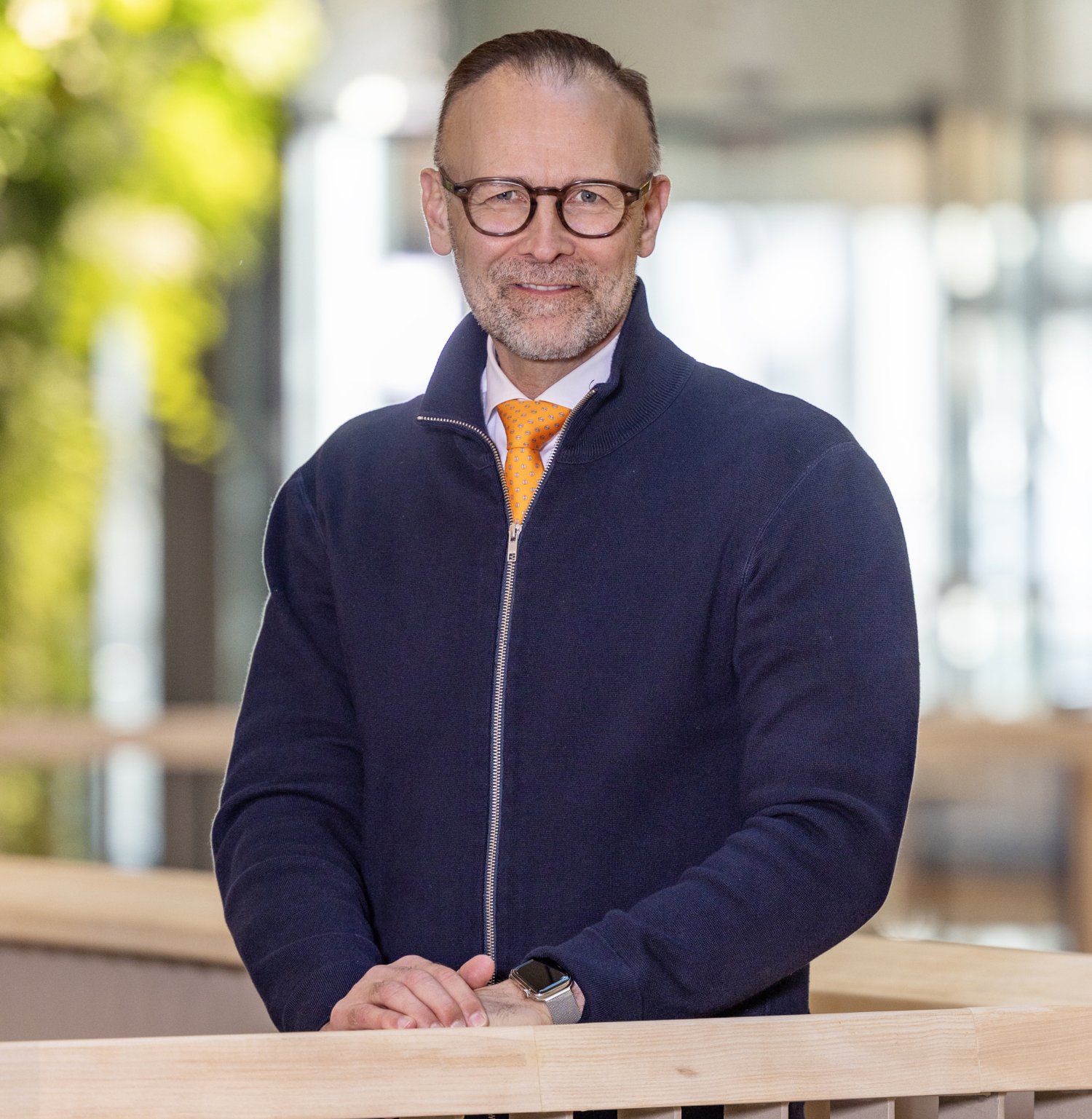Martin Bergö: We will continue to stand for scientific excellence, openness and collaboration, within Sweden and globally

Earlier this month, the Swedish Research Council published a report on the quality and impact of medical research in Sweden. The fact that Karolinska Institutet emerges in a very positive light fills me with pride – our research is of a very high scientific standard and has given rise to groundbreaking discoveries of major societal importance.
We have the highest citation rate in the country and publish world-class papers, especially in such fields as cancer biology, neuroscience and cell biology.
The fact that over 90 per cent of our top publications receive high marks in an international peer review is huge and says a lot about the power of KI's research community. But it also comes with a responsibility. We will continue to stand for scientific excellence, openness and collaboration, within Sweden and globally. Collaboration and the ability to combine basic research with clinical applications have also made a vital contribution to KI’s success.
Given how multidisciplinary and international collaboration are so essential to scientific progress, it is nothing but lamentable to see how the US research system is being so impacted by the Trump administration’s anti-science agenda. The entire research community is suffering from the funding cuts announced by the National Institutes of Health (NIH) and other US granting bodies. We are frequently asked if it is safe to start a joint project with US colleagues or attend a conference in the country, and how we can receive researchers and students from the USA who now find themselves hogtied by the President’s executive orders. We are keeping a close eye on the situation to keep you up to speed and advised on developments. The KI management and numerous researchers are actively engaging themselves in the debate, in part by expressing their opinions in the media.
On 29 April, I will be joining Uppsala University professors Linda Wedlin (business studies) and Mohammad Fazlhashemi (Islamic theology and philosophy) for an open panel debate on “Academic freedom under pressure” at the KI university library. I hope that many of you will be able to attend and seize this opportunity to find out more about and share your thoughts on how we can protect and promote our academic freedoms.
The concept of academic freedom is a highly topical one that has been brought to a head by the death sentence passed on our colleague Ahmadreza Djalali. He has been languishing in an Iranian prison under inhuman conditions for nine years now, a reminder of how academic freedom can be threatened by political forces. We must continue to fight for his release, as President Annika Östman Wernerson and Stefan Svallfors, chair of The Human Rights Committee of Sweden’s Scientific and Literary Academies, recently asserted in an op-ed in Läkartidningen (in Swedish). All of us who are active in science and higher education are prepared to do our utmost to stand up for academic freedom and to bring our colleague back home to his family in Sweden.
